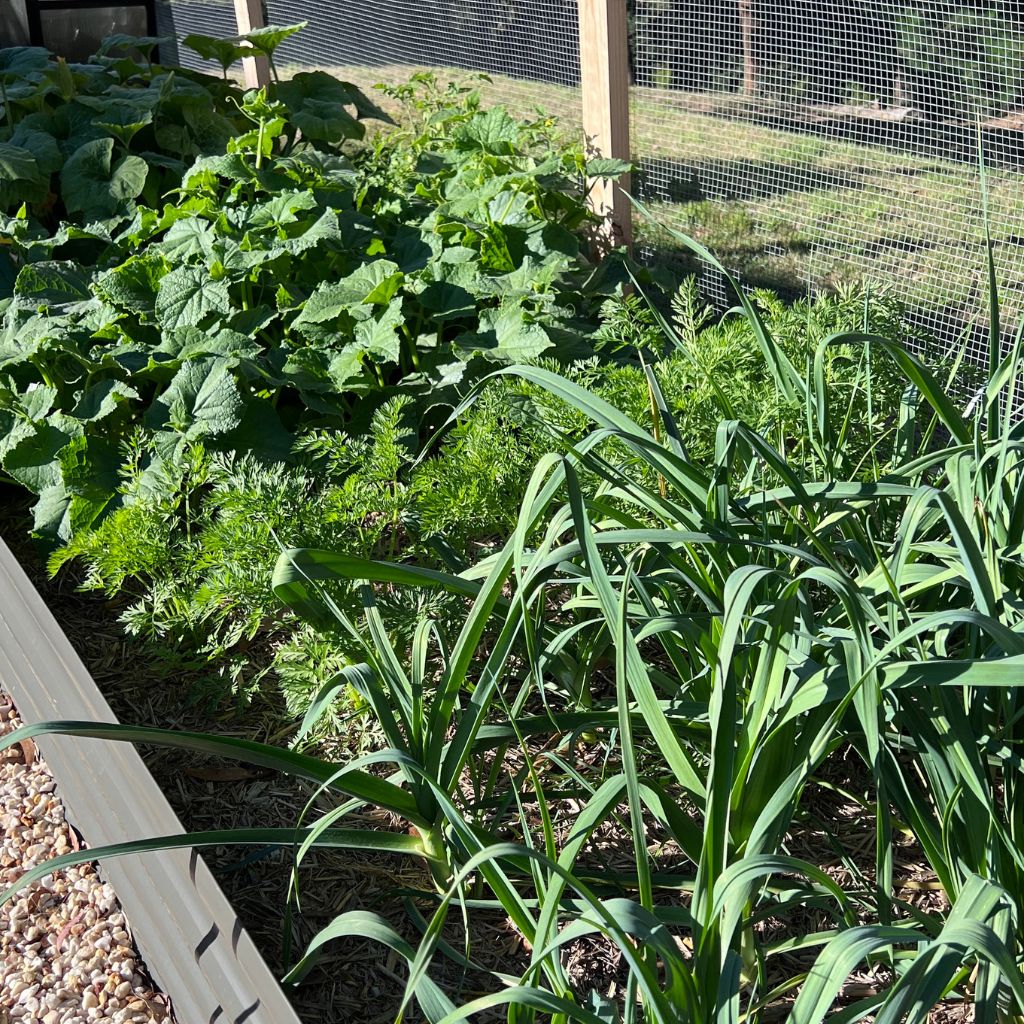
Plastic waste has become an undeniable global crisis. Images of beaches covered in plastic debris and reports of marine life choking on plastic stir public outrage. It's clear that our reliance on single-use plastics like bottles, bags, and straws is having a devastating impact. In response, a movement towards reusable and sustainable alternatives has taken hold. But is it enough to curb the onslaught of plastic pollution? Let's weigh the pros and cons of this eco-friendly solution.
The Root of the Problem
To comprehend the reusable revolution, we must first understand the scope of environmental damage inflicted by single-use plastics. These ubiquitous disposable items are used for mere moments but linger for centuries. Only 10% of plastic ever produced has been recycled. The rest piles up in landfills and spills into nature at an alarming rate. Plastics leach toxins, clog waterways, choke animals, and disrupt ecosystems in every corner of the planet. Tackling this issue requires a drastic reduction in single-use plastic consumption through responsible and mindful habits.
The Promise of Reusables
Reusable water bottles, straws, bags, food containers and more provide an appealing, eco-friendly alternative to their single-use counterparts. Global awareness of plastic pollution has significantly increased consumer demand for reusable and sustainable products. When properly implemented, these substitutes offer many benefits:
- Alleviate waste and ocean plastic by reducing single-use disposable plastics
- Conserve natural resources used for plastic production through responsible consumption
- Prevent plastic toxin leakage by utilizing safer, eco-friendly materials
- Save money compared to repeatedly purchasing replacements
- Allow personal expression through stylish designs
- Promote mindful consumption habits and a zero-waste lifestyle
Reusables appear to provide an ideal solution. But questions linger about their realistic impact.
Overcoming Adoption Obstacles
Despite the many advantages, reusable options face barriers to widespread adoption:
- Higher upfront costs compared to cheap single-use items
- Limited availability and access in certain areas
- Inconvenience of cleaning and carrying around
- Concerns about hygiene and germs
- Entrenched consumer habits and preferences
- Lack of infrastructure and support systems
- Ongoing production of abundant, affordable single-use plastics
These obstacles limit the scalability of reusables for the mainstream. Can these challenges be overcome? Or do reusables merely offer marginal improvement against the mounting plastic crisis?
The Path Forward
In the face of this complex issue, there are no perfect solutions. However, reusables provide a promising tool for combating plastic waste when championed through public policy and consumer values. With concerted effort, their availability, affordability, and public acceptance can improve. But an even greater focus must be placed on reducing plastic production and recycling rigorously.
Through a combination of reusable alternatives and other eco-friendly strategies, a multi-pronged attack against single-use plastics is needed to stem the plastic tide. Reusables alone cannot win this war. But their growing presence signals a turning point. Although obstacles persist, our best hope is supporting this momentum towards more sustainable and mindful consumption. With care and conviction, we can cultivate the habits that may one day lead our society Beyond Plastic.






